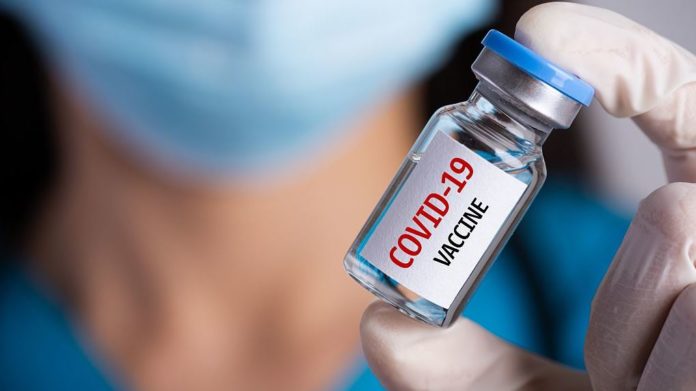
TO misquote Mark Twain, reports of supposed anti-vaxxer sentiment in mining have been greatly exaggerated, without sound knowledge or any discernable research.
More than any other sector, with perhaps the exception of healthcare, the mining industry is better geared to roll-out an intensive vaccination programme. It has the infrastructure, it has the healthcare resources and it has the will. To administer the envisaged three million jabs that the sector has committed to, for employees and mining communities, the industry has set aside some R300m. This is over and above the cost of vaccines themselves, should it be necessary to fund these.
The approach to this roll-out is collaborative, and one on which the industry, its four major unions, and the regulator agree. This is to make the vaccine available, as quickly and efficiently as possible, to mine employees and communities, and to persuade as many individuals as possible to take up this invitation through sound education and visible leadership so that we can achieve herd immunity.
Planning from the outset has included all key role players – no one player can successfully mandate a programme alone.
An industry working group comprising the Minerals Council and all four unions has already established a vaccine communications task team, in the knowledge that education and communication will be critical to the success of the roll-out. The working group is aware that while it needs to consider and plan for vaccine hesitancy, it is just as important to manage expectations.
Delays in vaccine roll-out, the mismatch of phases (which will likely see miners being vaccinated before their families), the possibility of some mild infection of those vaccinated, all mean that the industry’s emphasis must be on ensuring that the current non-medical interventions remain top-of-mind, at home and at work.
Right from the outset, the industry’s response has in fact been to address the individual as a whole: A miner is at work for a third of his or her day, and in conditions where mask-wearing, social distancing, and hygiene practices are ingrained. Obviously, these at work precautions are important, but perhaps even more so are the other two thirds of the miners’ day, when he/she is in transit, at home, and in public. It is no accident that South Africa’s second wave, and by default mining’s as well, coincided with the period when people were travelling and spending more time away, and at home.
Just as the Minerals Council and its members started communicating directly with mining employees and mining communities in February last year, before the WHO even declared Covid-19 a pandemic, with intensive on-mine and public communications campaigns, so it has continued these campaigns. The Minerals Council published two behavioural change field guides: one for the workplace and one beyond the mine gate – resources that have been supported by intensive GIS-based infection tracking, seroprevalence surveys, and other fundamental research – all informing its practices, including communication.
Any implication that the industry’s workforce is likely to be beset by anti-vaxxers does not consider the success of large scale medical interventions run by the sector over many years, like its HIV/Aids testing and ART initiatives, its TB testing and treatment programmes, and the annual flu vaccine campaigns run by most mines every year.
More than that, it fails to consider the excellent HSRC-UJ study that gives us insight into the attitudes of citizens towards vaccines (including demographics) and what we need to do address any concerns.
Companies and unions alike are seized with moving ‘the middle’ – those who may be uncertain about or uncommitted to taking the vaccine, rather than being opposed to it – through informed, caring, and agnostic communication, based on science and trust.
Charmane Russell is the founder of R&A Strategic Communications.











